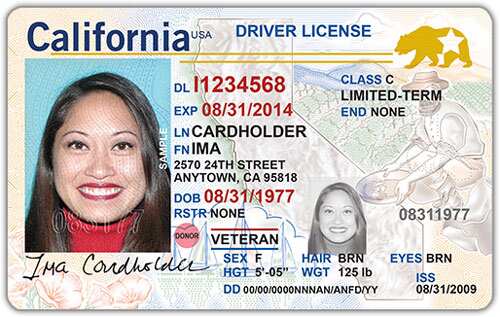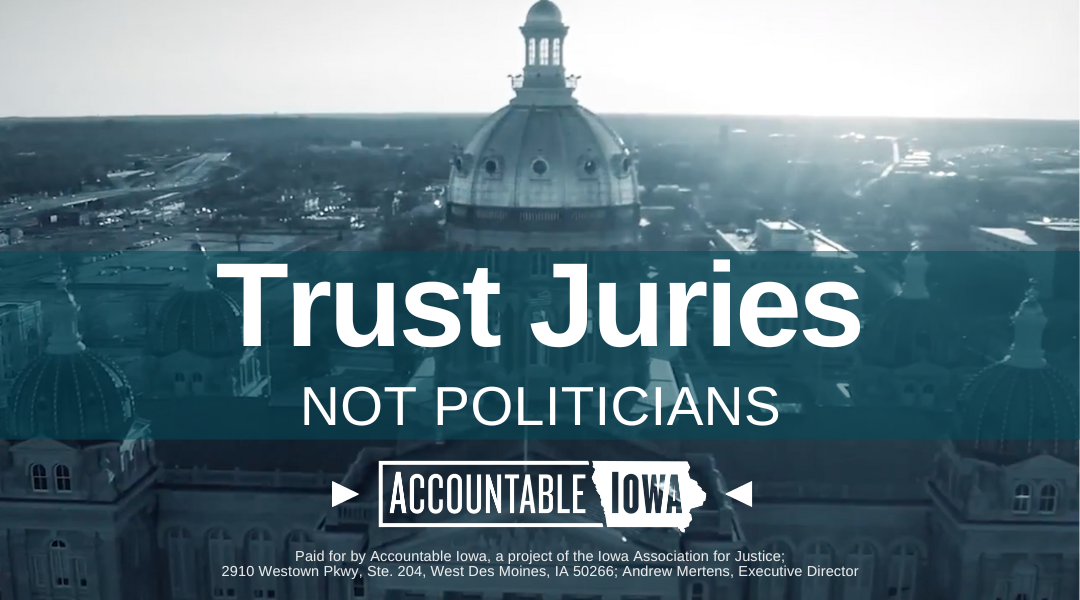More than two decades after the worst terrorist attack on U.S. soil, the Biden administration is using COVID-19 as an excuse to further delay enforcement of a law requiring minimum security standards for driver’s licenses and identification cards. The measure, known as the REAL ID Act, was passed by Congress after 9/11 to establish a more secure national system less prone to fraud after several of the hijackers exploited loopholes to obtain dozens of driver’s licenses from various states. The cards allowed them to take flight lessons and board planes to carry out the 2001 attacks. At the recommendation of the 9/11 Commission Congress passed the law in 2005 and states originally had until 2011 to comply, though the Obama administration tried to drastically weaken the legislation. Obama Homeland Security Secretary Janet Napolitano granted a 20-month extension on the deadline as she worked behind the scenes to undermine the REAL ID Act, asserting that it violates civil liberties and privacy.
In the fall of 2020 the Department of Homeland Security (DHS) announced that, after multiple delays, all 50 states were finally in full compliance with the REAL ID Act with most states becoming compliant under pressure from the Trump administration. “To date, the 50 states have issued more than 105 million REAL ID-compliant driver’s licenses and identification cards, representing 38 percent of all driver’s licenses and identification card holders,” DHS revealed at the time. In less than a year full enforcement of REAL ID will take effect at all federally regulated airports, federal facilities, and nuclear power plants, the 2020 bulletin further states. That means federal agencies, such as the Transportation Security Administration (TSA), will be prohibited from accepting licenses and ID cards that do not meet the law’s standards. Though it was welcome news at the time, it was still outrageous that it took 15 years after Congress passed the legislation to protect national security.
This month, the Biden administration is extending REAL ID full enforcement for another two years to give states more time to ensure residents have driver’s licenses and identification cards that meet the law’s security standards. “The extension is necessary, in part, to address the lingering impacts of the COVID-19 pandemic on the ability to obtain a REAL ID driver’s license or identification card,” according to a DHS notice issued last week. The pandemic hindered REAL ID progress, the agency writes, because state driver’s licensing agencies had to work through backlogs and many automatically extended license expiration dates and shifted operations to appointment only. Keep in mind the agencies had more than enough time to comply before COVID. Rest assured however, DHS continues to work closely with states to finally meet REAL ID requirements, according to Secretary Alejandro Mayorkas. “We will continue to ensure that the American public can travel safely,” Mayorkas said.
The continued delays are inexcusable considering what is at stake. The measure’s crucial verification process requires states to certify the authenticity of every driver’s license applicant by requiring that documents, such as a birth certificate or passport, be submitted to get the card are legitimate and that the applicant is in the United States legally. It also calls for a newly created federal database to link all licensing information that must be checked before states issue new cards. This will establish a much-needed standardized national driver’s license system less vulnerable to fraud and will prevent terrorists from abusing it as did September 11 hijackers. Once the law is fully enforced, federal agencies will be prohibited from accepting driver’s licenses or ID cards from noncompliant states for official purposes, including boarding an aircraft, accessing a federal facility, and entering a nuclear power plant.
It is not clear how the Biden administration plans to handle the dozen states—including Arkansas, California, Maine, and Oregon as well as the District of Columbia—that offer gender-neutral licenses and ID cards in violation of the REAL ID Act. Title II of the act specifically states that “features on each driver’s license and identification card issued to a person by the State” must include: The person’s full legal name; the person’s date of birth; the person’s gender; the person’s driver’s license or identification card number; a digital photograph of the person; the person’s address of principle residence; the person’s signature; physical security features designed to prevent tampering, counterfeiting or duplication of the document for fraudulent purposes; a common machine-readable technology with defined minimum data elements.
















